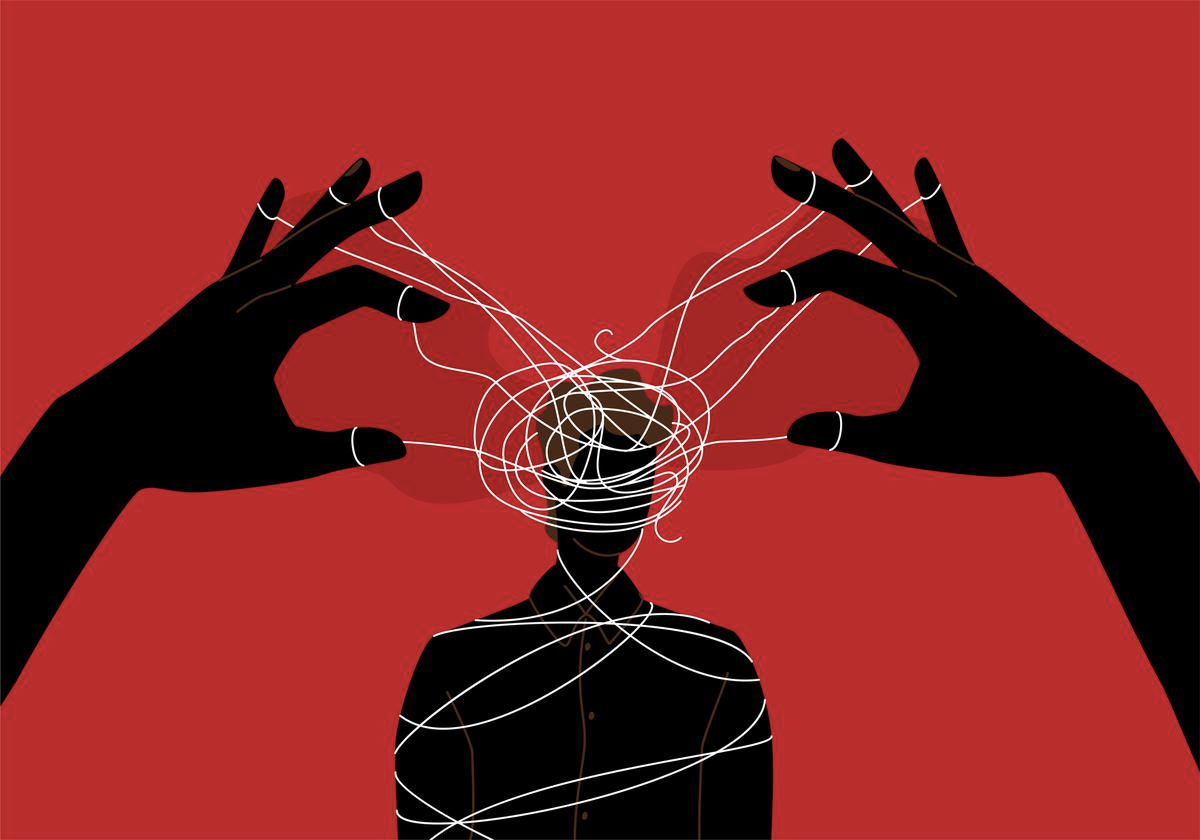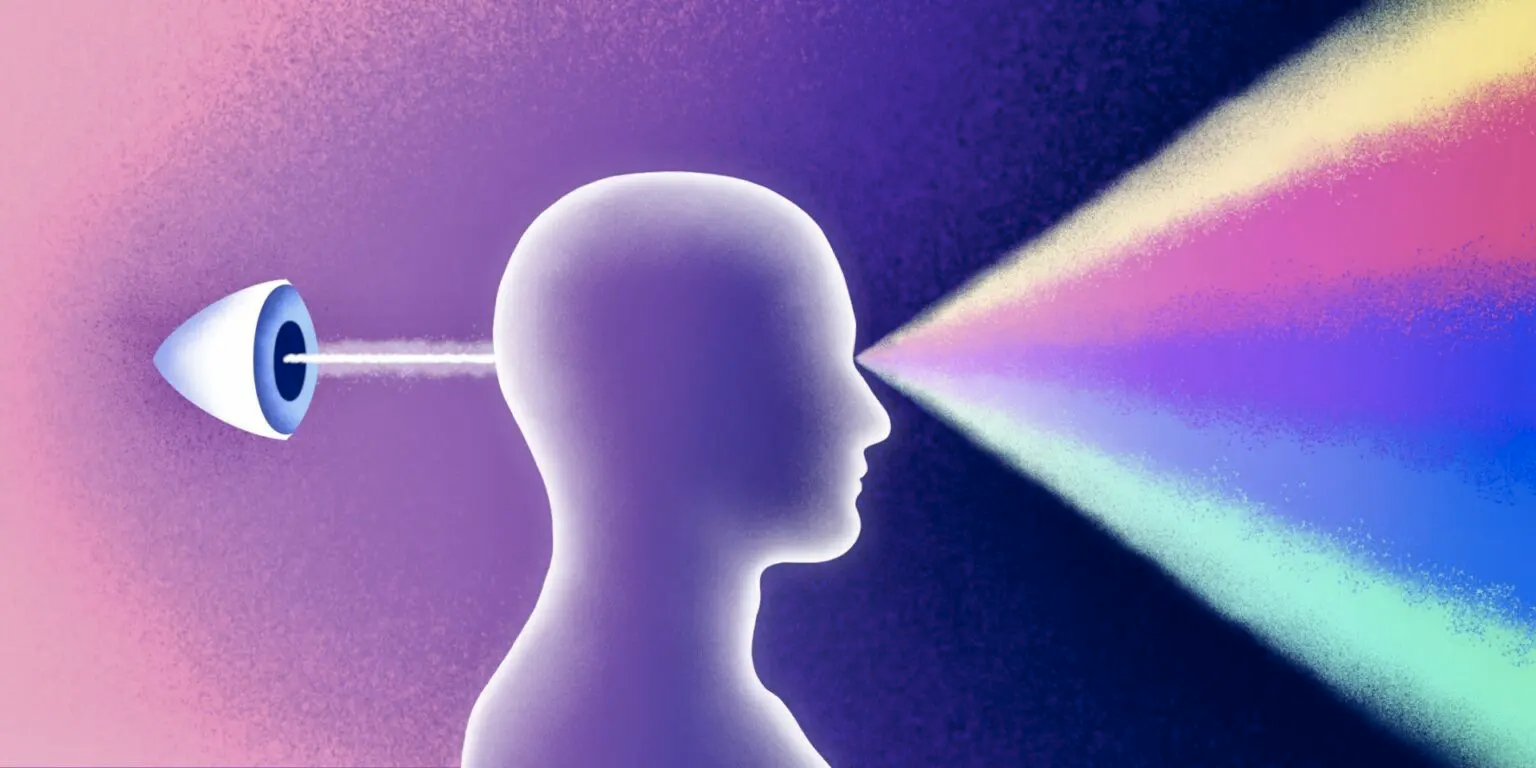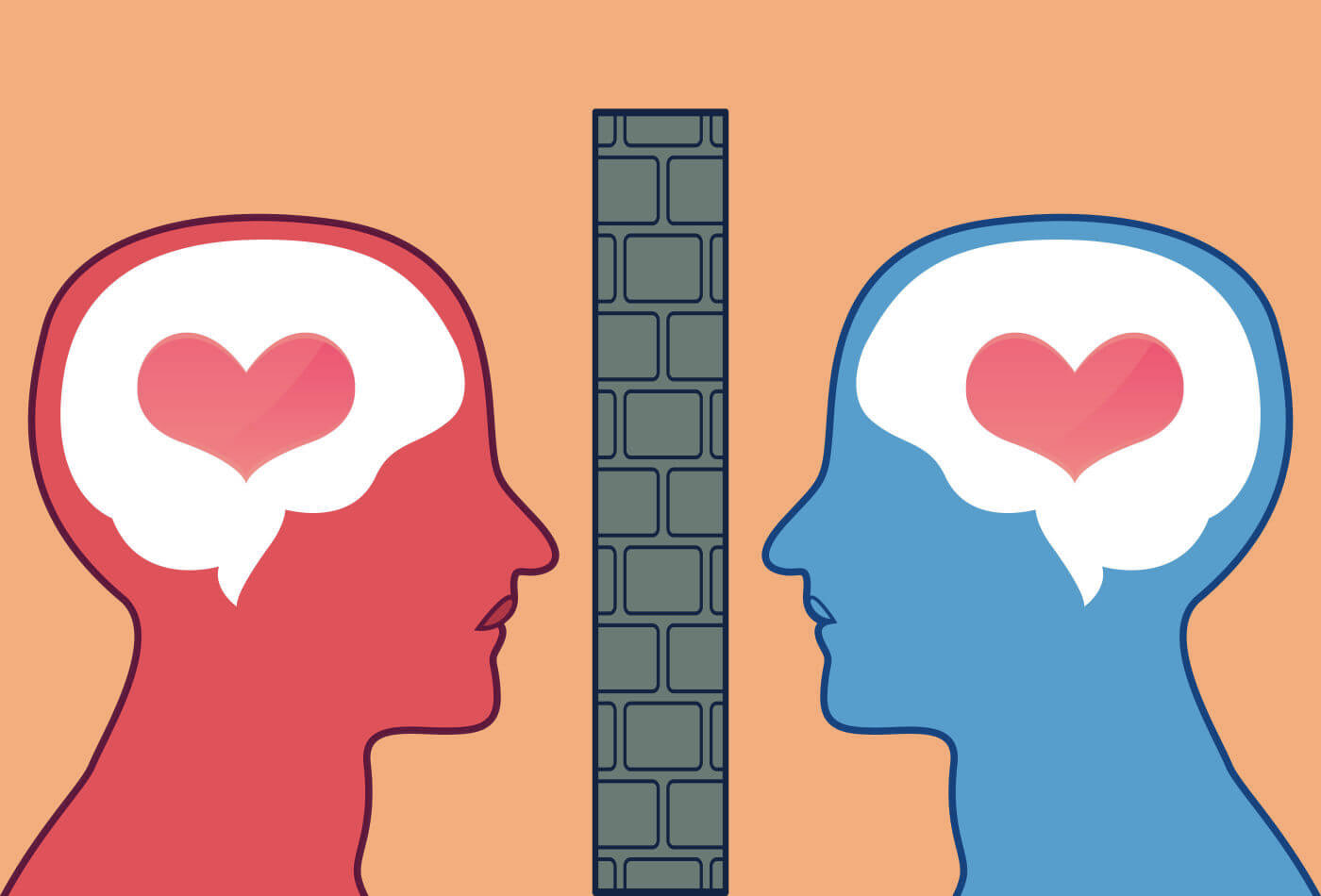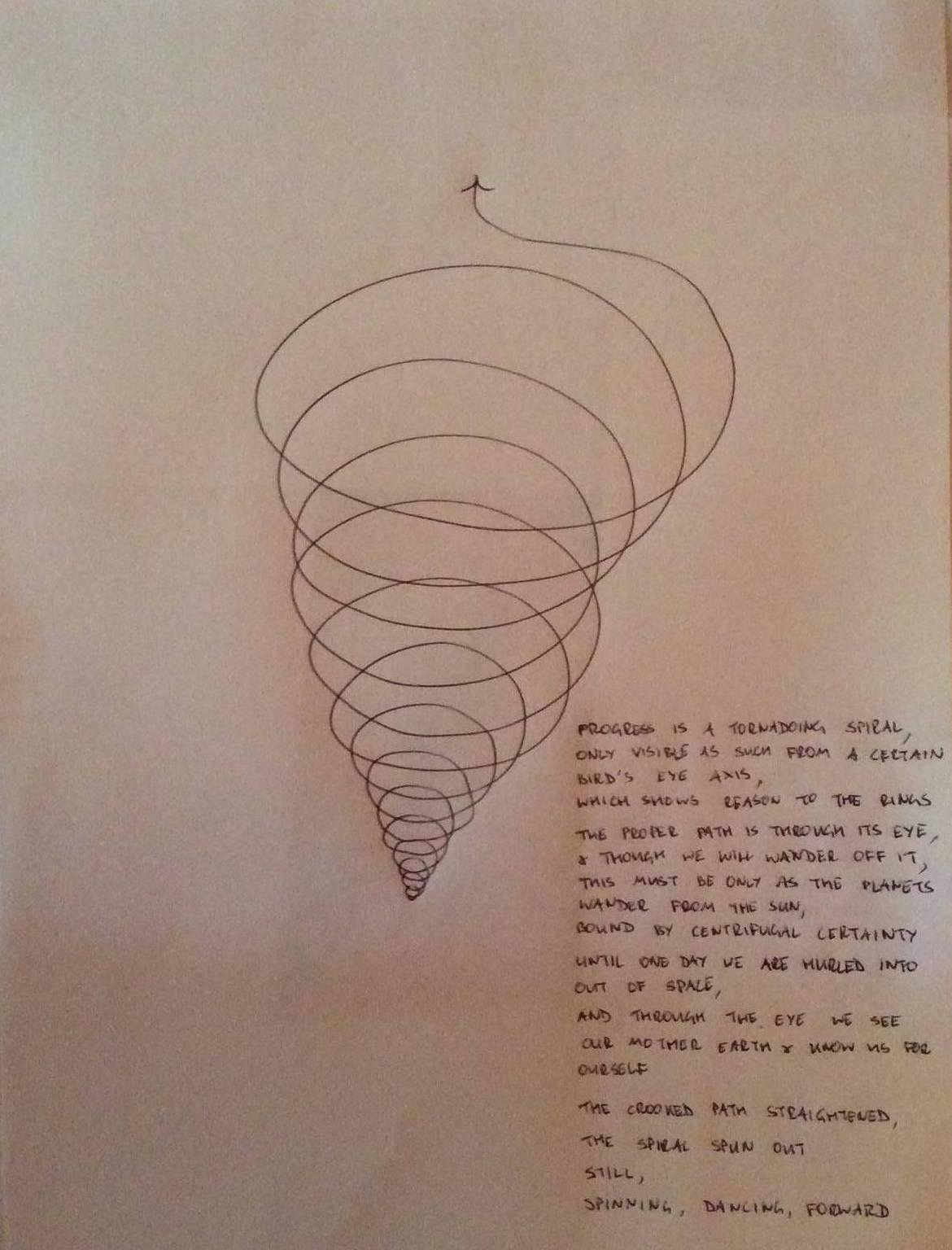Ronan Loughney • • 15 min read
5 ways feedback changes your life: Stories of how my world expanded through giving and getting Feedback

Feedback. It’s one of those things you know is good for you, then end up wanting to avoid even more for that very reason. Like vegetables. Or Buddhism.
But what if I told you that feedback could be one of the most powerful self-development tools around? That engaging in it with true and humble intentions could rapidly and profoundly change your life?
Yeah. Way better than vegetables. (The Buddhism is kind of important though.)
What is feedback?
Before we dive into all the wondrous benefits you stand to gain from giving and getting feedback, let’s get clear on what we mean.
Typically, we associate feedback with the workplace or figures of authority and, as such, we also typically see it as negative. We usually envisage someone more important and powerful than us passing down some infallible judgement, providing some quantifiable measure of our worth.
But feedback is so much more than that.
As ever, the clue has helpfully been left in the name. Feed-back is the means by which life - from the people around us to our environment more generally - gives back to us what we have fed it.
When we talk in more specific terms about giving feedback therefore, we don’t mean being critical, or kind, or blunt or frank or sharp. What we mean is allowing yourself to become a conduit through which information can be reflected back to someone and to oneself.
Feedback is the process by which what I put out into the universe is hand-delivered back to me, with intrinsically precise data on the quality of that output. It is how we figure out how we are showing up in the world. And how we help others do the same. That makes this shit important.
All natural systems have feedback loops. A plant sends feedback from its leaves to its roots that it needs more water when it is drying out. A calf sends feedback to its mother to tell it is hungry or full. Everywhere around us the world simply reflects truth back to itself.
But in our complex and eternally refracting minds, we have forgotten this. We have learned to obfuscate reality from each other, hiding the truth that wants to come through us. And each time we do so we all become a little more lost.
But each time we clear the hosepipe and let the truth come through us, the whole organism flows a little more smoothly, and we get one immeasurable step closer to truth, balance and wholeness.
Because the other thing about feedback is that when we give it from a place of openheartedness and integrity, we are inviting it back onto ourselves. When we commit to dealing in the truth, we accept that this is a two-way exchange. Giving someone feedback comes with the implicit understanding that they can respond to you with their own truth, and that you will receive it just as you expect them to receive your feedback, with grace and humility.
Understood as such, we can begin to see how something as innocuous-sounding as feedback really can change our lives and the world around us. Here are some of the ways it's changed mine:
How Feedback Will Change Your Life #1 - Creating an accurate picture of reality for ourselves and others to orientate around
There is a spiritual axiom that we must shed people from our lives who no longer facilitate our growth.
Whilst I think we should be cautious about these kinds of beliefs (people are not expendable according to whether they serve your ends or not), the fact remains that if we don’t want to spend time with someone, for whatever reason, we must be honest about it.
As a friend pointed out to me, not providing accurate feedback, whether that is through false affection, passive aggression, bottling your feelings up or whatever else, is really a form of low-level gaslighting.

If you don’t show someone how you actually feel and think about them (tactfully!), you are simultaneously sending them contradictory signals: superficially, you are telling them all is well between you. But subconsciously, in your body language, tone of voice, behaviour, what you omit to say etc etc etc, you are telling them you don’t want to be there. This dissonance is incredibly destabilising to humans, and one of the greatest gifts you can give someone is providing a true reflection of your shared reality.
And so, when a friend picked me up on the fact that I had seemed distant in our relationship, rather than rushing to reassure them as I would have used to do, I understood that I was being given one of those rare opportunities to move into truth. That a door had been opened.
So I told them that yes, there had been resistance. And what unfolded was an honest exchange about how, though I cared about them, I didn’t feel like I had the time or space to nurture the relationship.
To my amazement, the revelation was met with acceptance and grace by my friend. They understood. Hell, they’d said something similar to someone else a week before!
We wished each other well and looked forward to a time in the future we might bump into each other.
Was that what I had been afraid of??
Now, it’s not always going to go like that. Some people are much more sensitive/defensive. Sometimes you’ll struggle to find the right words to frame something so heavy.
But on balance, the risk is worth it.

Because when we begin to get a more accurate picture of reality, then we can begin to understand how the hell we might navigate it. It’s already complicated enough, this being alive business. Let’s at least help each other find the lightswitch before trying to guess which direction to move in.
How feedback will change your life #2 - Expanding your awareness to include the other
The page we all have the book of life open to is the one titled ‘Me.’ (Yes, you only get one page, max! There’s eight billion of us fuckers, and that’s just right now!)

We’re each of us fascinated by this page. We’re even passingly interested in the bits where we go to the toilet or spend five hours on Wordle, at least enough so that we’d rather think about this than reading someone else’s boring page. What lady, your dog died? Well IIIII just spilt some of my muesli on the carpet and I don’t have a paper towel handy!
The story of separation which we are currently living in is this story of being lost in our own worlds. It is behind all conflict in the world, which is nothing but me thinking that my good can somehow exist over and above yours, when in fact we are all inseparable parts of the same whole.
Again, when I give feedback, open-heartedly and honestly, I must also open myself to receiving it. When we step into a space of giving and getting feedback, we are stepping into a space where I begin to subsume the other’s perspective into my “Lebenswelt”, my lived reality.
An example of how this played out for me was last Summer:
When a friend came to see me and they left the kitchen in a bit of a mess after cooking, rather than being the demure and deferential host, I told them I was disappointed. That I felt it was ungrateful of them to leave a mess after I’d invited them into my home.
My friend took the feedback and apologised. And our relationship was elevated to a higher level of integrity and truth.
But it didn’t end there, and what followed was something I could never have expected.
After a moment’s pause, my friend continued that something had been playing on their mind as well. They proceeded to outline a number of ways in which they had felt unwelcomed by me as a host. Gradually this morphed into observations of my behaviour more generally, ways in which I’d been rude, closed-off, self-absorbed.
Now, again, due to the self-absorption and all, I had no fuckin idea! So wrapped up had I been in my own story of having been disrespected that I had not reflected on how I might have been doing the same myself and worse! These revelations thundered down on me like the bombs of truth they were, as I understood that there were endless other episodes in my life where I had been equally un-self-aware, equally lacking in awareness of the other.
Part of me of course was screaming, ‘Wait, what the fuck? I was giving him feedback on the chicken goujons he didn’t put back into the freezer and this has somehow turned into an assessment of MY character!? Hold the phone! It’s my fucking house!’
But I also knew that these were just the petty vituperations of a wounded ego and that what he was saying was true. And ultimately, I was grateful, because my perspective had been expanded, at least for a moment, from one focused on how I personally had been wronged to how I could better serve the world around me.
How feedback will change your life #3 - Conquering your demons
One of the interesting things about the ego is that it keeps itself together precisely by holding onto stories that are untrue. In fact, the ego is nothing but one giant untrue story, a narrative you tell yourself of who you are, what your limitations are, who you could be, that is inherently less than the infinite possibility of being.
Because the ego’s existence is predicated on illusion, it will do whatever it can to maintain these illusions, continually spinning its warped old story. Most importantly, this means devising ways to keep you from investigating the truth of those stories. Because by such investigation, you will realise their emptiness, and gradually begin the work of dissolving the ego. And the ego doesn’t want that now, does it?

Typically, we try to become aware of these internal narratives through mindfulness and meditation. But sometimes, there is a more direct way of interrogating reality. And engaging in feedback provides one oft-overlooked way.
Because feedback in its purest form is about questioning assumptions. And this is crucial, because assumptions are where happiness goes to die. That is why the second of the “Four Agreements” is Assume Nothing. When we let go of assumptions, and instead simply investigate the truth for ourselves, we become free because we can begin to deal with what is, rather than torturing ourselves with what could be.
One way this manifested for me recently was at a party I was hosting. It had gotten to that time of the night which I call the Goblin Hour, about 3:30am, where the levity of the earlier part of the night has begun to subside into something a little seedier, as the booze and drugs and darkness intermingle.
As I spoke with a few guests, suddenly, the mood dropped. On my own inadvisable cocktail of substances, I experienced a breakdown in communication with them. Where there had been harmony a second before, there was discord. Suddenly, something seemed very very wrong to me, and I became convinced that these people were bad and had it in for me.
Of course, I was being triggered based on previous trauma when under the influence of psychedelics. Dimly computing this, but too high to work through it at the time, I retreated to bed.
In the morning, I woke up with a familiar feeling of dread, about having gone to the dark place again. In the past, I would have tried to push the feeling away, insisting desperately to myself that it was “just a trip” while repressing the sense that I had really experienced something wrong and bad.
Instead, I decided, in the cold and clear light of sobriety, to reach out to these people and ask them what had happened. Though my stomach churned as I stepped back in the direction of my trauma, I knew this was something I had to do if I wasn’t going to be plagued forever by dark confabulations.
As it turns out, each of them came back to me desperate to reassure me that nothing was wrong, mortified that anything they had done might have created a malevolent impression and concerned for my wellbeing. I had gone into the cave to meet the dragon, and it had been revealed as ever for the toothless thing it was.
Which leads onto…
How Feedback will change your life #4: Meeting your shadow
As Carl Jung once said, ‘Within each of us, there is a giant asshole’. And, as we all know, it is incredibly difficult to look at your own asshole. (If you’re put off by this metaphor, unfortunately these are just the projections of your asshole, I mean shadow).
Personal shadow work is difficult, precisely for the reasons outlined above. That is, we are all essentially conditioned NOT TO SEE our shadow. The whole process by which we learn to conceive of ourselves as a separate and isolated self revolves around the construction of an ego which sucks everything into its narrow void. (If you’re still employing the asshole metaphor at this point, probably best to drop it). We all massively distort our perception of reality through our narrow and self-referential perception of self, and pile on all of the attendant self-deception/ hatred/ narcissism that such self-orientation naturally begets.

While journaling on our blindspots is useful, self-analysis that is not socially informed can only ever bring us deeper into our own story.
On the other hand, someone looking at you with an unclouded gaze can make a precise assessment of your character within seconds of encountering you. You may even recognise that feeling, when someone you’ve just met shows a mirror to your soul by uttering one sentence, and some hidden wall inside your heart collapses as you acknowledge that you have been seen as a self you had hidden from your own gaze.
For this reason, feedback is an invaluable resource, able to cut through us in a way that decades of introspection cannot.
And so, after unsuccessfully spending hours and hours journaling and feeling like I didn’t see anything about myself more clearly, I simply asked some people I loved and trusted for feedback.
After some cajoling - (they were all like, why the hell do you want me tell you the worst things about yourself, you masochist?) - they each shared stories with me of times I had let them down, moments they had seen me fall short of who I want to be.
The first thing was that, in every single one of the cases, these were things that I had been completely unconscious of. Either I had forgotten ever having done them or didn’t even realise it at the time.
Because this is the nature of the shadow. It is that which acts beneath the level of consciousness, making its own orchestral manoeuvres in the dark. What was clear as day to these people was totally occluded from my vision, making their feedback invaluable to gain an accurate picture of myself
The second thing I learned was that, although I was sad that I had let my loved ones down in ways I hadn’t even realised, it felt liberating to face these truths. We spend so much of our lives keeping the phantom of what other people may think of us at arm’s length, caught in a no man’s land where we neither engage with our guilt nor liberate ourselves from it.
By freely asking for this feedback and turning to face it, I was changing the nature of my relationship to my faults. I was welcoming them into the light to be transformed, no longer terrified by spectres lurking in the shadows and seeing them as weak and meagre things simply needing love and attention. So it goes for all things of the shadow.
(NOTE: If you are going to do something like this, it is essential that you really, deeply trust those you are reaching out to. This is sensitive, delicate work. Even those we trust may offend and hurt us. If someone is not trustworthy, we should not give them the power to influence how we see ourselves.)
How Feedback will change your life #5: Learning to set boundaries
What is often overlooked about giving feedback is that it is essential to forming healthy boundaries. Feedback, in so far as any emotions are concerned, is where you say to someone, ‘No, that’s not acceptable. You’ve crossed a line.’
I think most people have known someone controlling and manipulative in their lives. Someone, essentially, who tramples all over your boundaries, who switches capriciously between kind and critical, relaxed and highly stressed, so that you are always on eggshells around them, sucked into their emotional orbit, trying to decipher and obey rules where there are none.

As I said before, often the best thing to do in these kinds of situations is to extricate yourself from this relationship as soon as possible. These sorts of people are toxic. Attempts to improve the situation/relationship end up being co-opted as just another means of controlling you and manipulating your good intentions.
But these situations may also provide us with a rare opportunity to tell these people that what they are doing is unacceptable, and we aren't going to tolerate it.
This, admittedly, is difficult. Often these sorts of individuals are masters of misdirection, making it hard to keep track of exactly how they are wronging us.
But pinpointing exactly how they are undermining you is critical if you want to free yourself of their malign influence.
I had an employer who was constantly changing the requirements of the job, the time I was due in, what I would be doing each day, what the aims of week and month were. She would career between grovellingly grateful to meticulously critical to emotionally explosive at the drop of a hat.
Eventually, I decided I had to do something about it.
Physically shaking, I confronted her. I told her that she was encroaching on my freedom by blurring the lines between work and home. And I told her that her outbursts and emotional lability were completely unprofessional, affecting me and all of those around her.
What was amazing was that she took this feedback on the chin, and apologised.
Now, this is not a simple, happy story that ends neatly there. The drivers of toxic behaviour are complex and incredibly deeply enmeshed in someone’s character and personal history. The problems continued to arise. But I continued to challenge them, emboldened and empowered by my initial stand, finding more strength and integrity each time I challenged her.
Eventually, I decided to leave the job, understanding the situation would never change. But it remains the case that because I was willing to give feedback, I experienced a huge amount of growth I wouldn’t otherwise have. I stepped into a level of greater integrity and respect for myself, learning that I can in fact stand up for myself when required.
Who knows, it might even have benefitted her, knowing that her manipulative and exploitative behaviour was plain for all to see, that she couldn’t behave as she liked with impunity…
__________________________________________________
What I have learnt about feedback, is that rather than being a 'loop', it's more like a spiral. That is, once we step out into the world to give honest feedback, there is a certain upwards momentum, tugging us along. This momentum opens us up, expanding our sense of self by including more and more of the world into our awareness, showing us our blind spots and bringing us into contact with our fears and limitations.

Every time someone comes back with new information about who you are, or at least what you have done and how you are showing up in the world, you can use it to challenge and update your existing view of yourself and the world.
And every time you provide someone with the truth, you increase your belief that this is the right thing to do, and your conviction to speak the truth in all situations, even when doing so is hard or challenges the status quo.
When we allow the force of truth to generate momentum, we have no idea where it will lead. But we had best trust it, as it is life itself telling us where it wants to go and how it wants to manifest.
It isn’t always as easy as deciding to tell people what we really think. Some people simply won’t receive what we have to tell them, and we could even put ourselves at risk.
At the same time, my experience tells me that this occurs far less than we might think, and the main thing keeping us from giving feedback is a misguided fear, based around the sense that by sticking our heads above the parapet, we will be shot down.
What I have found is quite the opposite. That the truth knows best. And that by following it, we embark on a path towards greater wholeness and strength.
So give it a go. And try speaking up a little more. What lies on the other side of resistance is something richer than your fear can fathom.
Ronan Loughney is a writer, musician and coach, committed to seeking truth, finding beauty, and deepening human connection and community.
If you want to connect with him or see more of his work, go to https://www.ronanloughney.com/
Ronan Loughney
Ronan is a trainee-Psychotherapist, MDMA Guide and Coach. You can reach him via www.ronanloughney.com or email him directly at ronanloughney@gmail.com
